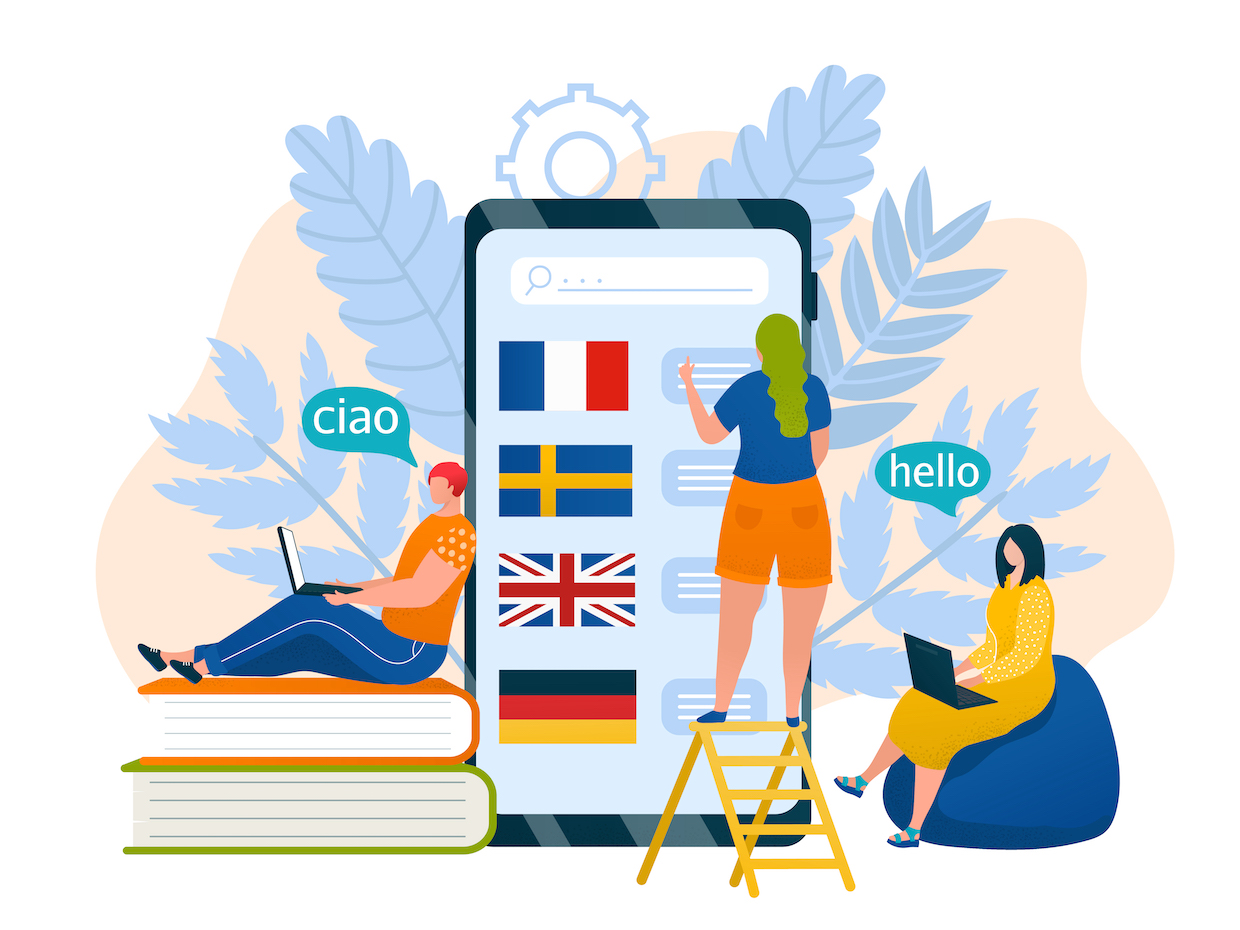Why Small Businesses Are Winning in the AI Search Era (And How You Can Too)

Google’s AI Overviews now show up in over half of all searches, serving instant answers before anyone clicks a link. For small business owners who’ve spent years building organic rankings, this shift feels like the rules changed overnight.
But here’s what most people are missing: while AI search is shaking things up, it’s also creating opportunities for smaller players who adapt. Brands optimizing for both local and organic SEO are seeing more qualified leads, even if traffic looks different. The key? They’re not fighting against AI; they’re learning to work with it.
The Real Impact on Small Business Visibility
Recent research from BrightEdge found that search impressions jumped 49% since AI Overviews launched, while click-through rates dropped anywhere from 30% to over 60% depending on industry and query type. Healthcare, education, and B2B tech see AI Overviews in 70-87% of searches, while e-commerce queries trigger them far less often.
That variance matters. But here’s the shift happening across the board: the clicks that do come through tend to be from people who’ve already been pre-qualified by the AI summary. If your content gets pulled into an AI summary and someone clicks through, that’s not casual browsing. That’s the intent.
The real challenge? Many businesses are still optimizing like it’s 2019, focusing on tactics that may not work as well when AI is curating the results.
What’s Working Right Now
Answer questions directly
AI systems pull from content that directly answers specific questions. Structure your content so someone searching “how do I choose a contractor in Seattle” finds exactly what they need on your site, explained in plain language. Get to the point in the first few sentences.
Show real expertise
Google’s E-E-A-T framework (Experience, Expertise, Authority, Trust) matters more than ever. Include case studies from real clients. Show photos of your team working. Mention specific techniques you use and why. AI systems can spot the difference between surface-level content and genuine expertise.
Optimize for conversational search
Voice search queries are longer and more conversational. Someone might type “best coffee downtown” but ask their phone, “Where can I get good coffee near me right now?” Your content needs to address both patterns.
This is where local businesses have an advantage. You can optimize for hyper-specific, location-based queries that big national brands can’t touch. “Best family-owned Italian restaurant in Brooklyn Heights” beats “Italian food” when AI is helping someone find dinner tonight.
The Local Opportunity
Early signs suggest AI Overviews may create opportunities for local businesses in location-specific queries. AI systems appear to prioritize relevance and recency for “near me” searches over pure domain authority.
Your Google Business Profile, local citations, and location pages could carry more weight in these queries. We’re still in the early days of understanding how this plays out, but the fundamentals matter more than ever.
Keep your business information consistent everywhere it appears online. Same name, address, and phone number across Google, Yelp, industry directories, and your website. AI systems cross-reference this information.
Get reviews and respond to them. A business with 50 recent reviews and responses looks more legitimate than one with 200 reviews from three years ago.
Content That AI Systems Prefer
Lists work well in AI search because they’re easy to parse. Comparison content performs well because AI can extract specific differentiators. Step-by-step guides get cited frequently.
Use clear headers. AI algorithms scan page structure to understand content. Include structured data markup where appropriate. Product pages should have product schema. Service pages should have local business schema.
The Biggest Mistake to Avoid
Don’t optimize for search engines instead of for people who’ll read the content. AI systems are trained to recognize helpful content. They can spot the difference between a genuinely useful article and one that’s been engineered to rank.
Focus on creating content your target customer would actually want to read and share. Don’t force keywords into places they don’t belong. Don’t write robotic sentences.
Where to Start
Audit your existing content. Which pages actually help people accomplish something? Cut or consolidate the weak stuff.
Look at the questions your customers ask most frequently. Those should be dedicated pages with clear, complete answers. Check your local SEO basics. Is your Google Business Profile complete? Are you collecting reviews?
Monitor what’s working. Search Console shows which queries drive impressions versus clicks. If you’re getting impressions but no clicks, your content appears in AI summaries but isn’t converting.
The Bottom Line
AI search isn’t killing small business visibility. It’s changing where and how that visibility happens. The businesses that struggle are the ones trying to game the system with outdated tactics.
Search has always been about connecting people with answers. AI just made that connection more direct. If your business has the answers people need, you’re positioned to succeed.
Adapt early, test often, and you won’t just survive this shift. You’ll lead it.
The post Why Small Businesses Are Winning in the AI Search Era (And How You Can Too) appeared first on Entrepreneurship Life.




















:quality(85):upscale()/2025/08/14/650/n/1922283/470aeb83689df49cdc1bb6.14084110_.jpg)
:quality(85):upscale()/2023/10/03/668/n/1922283/1f15c8a9651c2d209e5eb5.32783075_.jpg)
:quality(85):upscale()/2025/09/09/891/n/1922283/7222624268c08ccba1c9a3.01436482_.png)
:quality(85):upscale()/2023/09/18/918/n/1922398/a1136b676508baddc752f5.20098216_.jpg)
:quality(85):upscale()/2025/10/09/670/n/1922283/00b944c868e7cf4f7b79b3.95741067_.jpg)





















